Moving to adult services
Disabled people over 18 years old have their learning, care and support needs met by adult services.
This means that some disabled children who receive support from children’s services will be transitioned to adult services when they turn 18 (subject to eligibility criteria).
This transitional period is often referred to as preparing for adulthood.
What is preparing for adulthood
Preparing for adulthood is a series of stages that all young people go through when they move on from being a teenager to becoming an adult.
It can be an exciting time of new opportunities, choices and increased independence. But it can also be a difficult and uncertain time for some young people who have SEND who may need more careful help and planning through each stage. We often call this “transition planning”.
In Bromley, we want all young people who have SEND to reach their potential by achieving the best possible outcomes in adult life. This is why it is especially important that young people and families are fully involved when making plans and decisions for this next stage in life.
Education and learning
All young people are required to participate in some form of education or training until after their 18th birthday – however, they don’t have to stay in school.
There are three main options available to all young people when they reach 16 years old:
- Going to college or school
- Starting work – apprenticeships or traineeships
- Post 16
Social care
If a child is likely to have needs when they turn 18, the Council must carry out a “child’s needs assessment” before then to determine what these will be. The Council will carry out the assessment if it considers it a “significant benefit” to the child to do so.
These assessments will give you an idea of the help that you and your child can expect when they move into adult care and support. After the assessment, the Council should draw up a care and support plan; this may include a personal budget or direct payments to meet some of their needs.
Once a young person is 18, any charging by social services would be under the rules governing charging for adult care services under the Care Act. It is the young adult’s income that will be assessed, not the income of the parents.
Health needs
If your child has health needs, they may be under the care of a paediatrician. This can continue for a short time after your child turns 18, but at some point they will need to transfer to adult health teams.
You and your child should be actively involved in creating a transition plan that sets out how this will happen and when. Part of the transition process should be supporting your child to look at where their ongoing healthcare needs can best be met and how this will fit in with their future plans.
There are several changes that take place in healthcare as a child moves towards adulthood. The timing of these changes will vary depending on the needs of your child and arrangements in individual healthcare settings.
Further help and support
You may also find the following websites useful:

